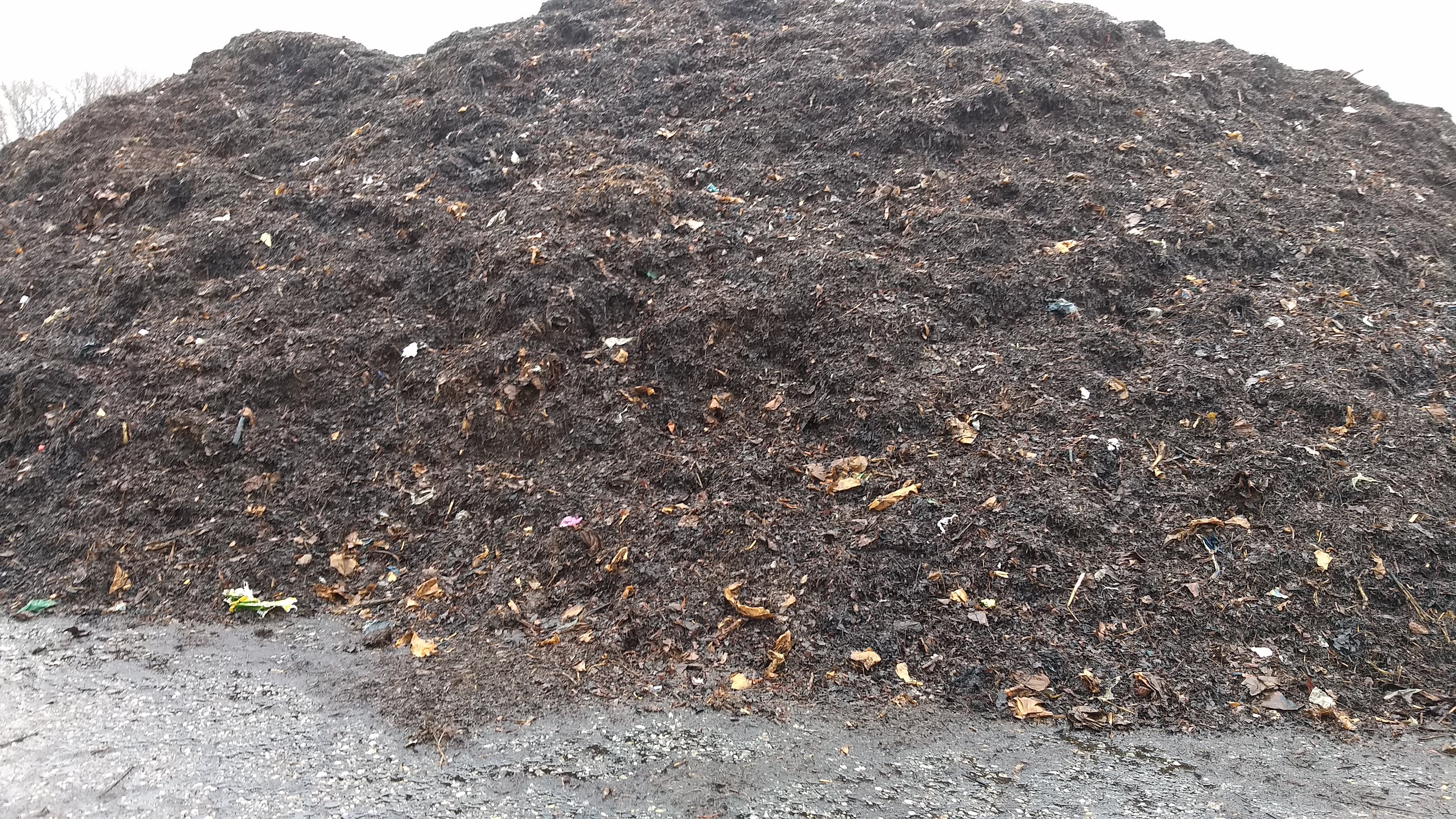
On December 1, the Montgomery County Council held a hearing on Zoning Text Amendment 20-04, a bill to increase the amount of organic waste that farms can bring in from off-site for composting or mulching. While this is a small piece of the zero waste puzzle, measures like this across Maryland will help keep organic waste out of landfills and incinerators, sequester carbon and build healthy soils, and even help support Maryland's agricultural economy. Here is our testimony in support of ZTA 20-04:
--------
December 1, 2020
Dear Montgomery County Council,
On behalf of Clean Water Action’s over 10,000 members within Montgomery County, we urge you to support and pass ZTA 20-04, to allow more off-site material to be composted and mulched on farmland within Montgomery County. This is a common-sense zoning change that will help the County divert waste from landfills and incinerators, improve our climate and our local environment, and support working farmers in keeping their agricultural operations economically viable and environmentally sustainable.
Increasing Montgomery County’s capacity to process waste materials via composting is an important component of reducing the County’s use of the Dickerson trash incinerator, and overall reducing the amount of waste that the County sends to be incinerated or landfilled. Yard waste, food scraps, paper and cardboard, and wood materials that currently are sent to County’s Transfer Station could be diverted to be processed at local farms instead. Doing so will reduce the County’s greenhouse gas emissions and help fight climate change. Incorporating compost into soils increases carbon sequestration, which can significantly slow climate change and global warming. Carbon sequestration is the capture and storage of atmospheric carbon dioxide into solids to prevent it from warming the planet. Composting has been found to store more carbon than conventional soils. A recent UC Davis study found that compost and cover crops increased soil carbon content by 12.6%. By using compost to store more carbon in soil, we can mitigate and slow the effects of climate change and move closer towards a more sustainable future.
Generating more compost to be applied locally will also improve Montgomery County’s local water quality and environment. Incorporating compost on farmland creates superior soil with more nutrients, and higher-nutrient soil will reduce the need for fertilizer application, the runoff from which destroys local water quality. Outside of agriculture, compost can be used to remediate contaminated and marginal soils which aids in reforestation, wetlands restoration, and habitat revitalization. The enhanced water retention in compost also allows it to be used in soil erosion rehabilitation and stormwater filtration. In some cases, compost application has been found to filter out 60-95% of urban stormwater pollutants from entering our waterways. Allowing farms to process more off-site material and generate more compost for local application will improve our local environment.
ZTA 20-04 will also help enhance Montgomery County’s agricultural economy and increase local jobs in the agricultural sector. A 2013 report by the Institute for Local Self-Reliance on Maryland’s composting possibilities found that composting the same weight of material creates five times more jobs than landfilling it and nine times more jobs than incinerating it. Composting requires skilled workers to screen, monitor, and turn the compost on a regular basis to ensure favorable and beneficial composts. Furthermore, these jobs would not only come directly from composting facilities, but green infrastructure businesses such as stormwater management who use compost as part of their solutions. And since compost is a valuable commodity, being allowed to produce more of it on-farm can reduce farmers’ costs, helping support the agricultural economy that Montgomery County has invested so much in sustaining.
Because of its benefits for waste diversion, climate change, local sustainability, and supporting farm economies, Clean Water Action encourages you to support ZTA 20-04.
Sincerely,
Jennifer Kunze, Maryland Program Manager, Clean Water Action
Gustavo Ballesteros, Wheaton High School Class of 2021, Clean Water Action Maryland Intern


